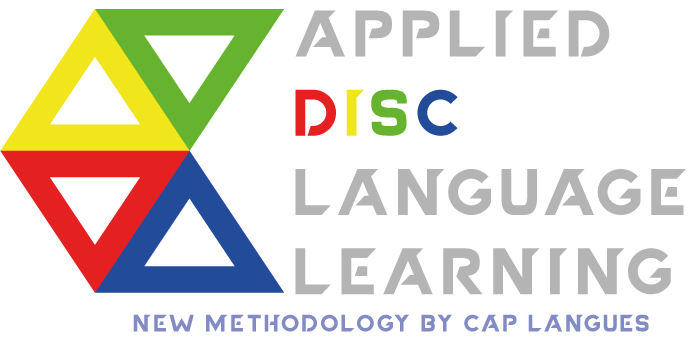Select your language
News

Ultra-customised course or tailor-made course: which is the most effective formula?
Let's first examine the difference between these two formulas.
A tailor-made course is designed to meet the needs and objectives of a group of people with similar requirements. In contrast, an ultra-customised course addresses the individual needs and objectives of each learner.
What are the 5 main advantages of ultra-customised courses?
Maximum adaptation to individual needs
One of the principal characteristics of ultra-customised courses is their ability to adapt to the individual needs of each learner, even in a group environment. Learners thus benefit from teaching that precisely meets their needs while allowing them to work alongside other learners who share similar linguistic interests. The teacher offers a variety of activities to meet the individual needs of each learner while ensuring they work within a common learning framework.Faster progression and time-saving
An ultra-customised course not only addresses the individual needs of learners but also evaluates their skills and objectives to develop a specific plan focusing on genuinely useful skills. The learner then progresses more quickly and efficiently, avoiding the time wasted on less important concepts. This is how an ultra-customised course facilitates time-saving and more effective progression.
Increased motivation Because ultra-customised language courses precisely meet the individual needs of each learner, they enhance their motivation. Learners are involved in their own learning and work on specific skills. When they see the positive outcomes of their efforts and their progression in real-time, their motivation is strengthened.
Adaptation to the learner's learning profile Taking into account the learner's DISC profile is essential because the trainer can then:
Adapt their pedagogical approach accordingly.
Customise the learning material to better match each learner's preferences.
Improve communication between learners and trainers.
Identify each learner's motivational triggers. This boosts the motivation and engagement of learners throughout their learning journey.
Easier implementation of SMART goals An ultra-customised language course facilitates the setting of SMART goals because it offers optimal flexibility and adaptation. Learners can set specific objectives based on their linguistic needs and interests. Thanks to increased individual attention, trainers can regularly assess learners' progress and easily measure the achievement of set goals. The personalised nature of the course makes goals more attainable and realistic. Learners work at their own pace, focus on areas for improvement, and adjust their goals based on their individual skills. Finally, the time-defined nature of goals in an ultra-customised course holds learners accountable. Specific deadlines stimulate commitment and encourage them to work regularly and intensively to achieve their objectives within the allotted time.







